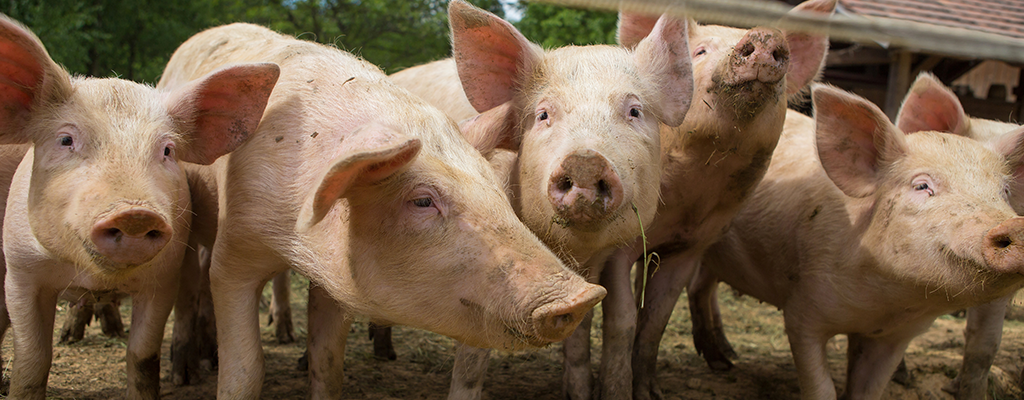After some smaller cases were identified earlier in the year, the outbreak of African Swine flu in China has now spread to over 55 countries across three continents. This particularly virulent strain has seen over 2 million pigs destroyed across China and Vietnam with numbers set to rise as the disease continues to be spread by migrating wild pig populations and humans moving contaminated pork products.
As the world’s largest consumer of pork and home to 440 million pigs (half the world’s entire pig population), the effect on China’s pork industry is set to be catastrophic.
While not dangerous to humans, the disease is one that Australian authorities are desperate to keep out of the country. Casey Brown, Managing Director of Agri Labour Australia says, ‘This is a tragic event that is going to have an ongoing effect for many years to come. While pork prices are yet to reflect what’s happening in China and Vietnam as they are still able to draw on their frozen stocks, the world is most definitely going to see significant changes in the pork industry.’
‘The Australian pork industry has experienced challenging times due to the large quantities of cheap pork being imported from Asia. With Australia’s strict biosecurity measures in place, these imports will be significantly reduced which should see an increase in demand for local pork across the domestic and export markets,’ said Casey.
Casey adds, ‘There’s also going to be a further demand and potential expansion opportunities for the beef and poultry industries in Australia as China seeks to source alternative meat to fill the consumer requirements of their country.
With Australia well known for its high quality meat and dedication to animal welfare standards, it will be great to see our country’s pork producers increase their production to fill those imminent supply gaps. Not only will this boost the profile of the Australian pork industry, it will also create additional jobs and help stimulate local industry.’





